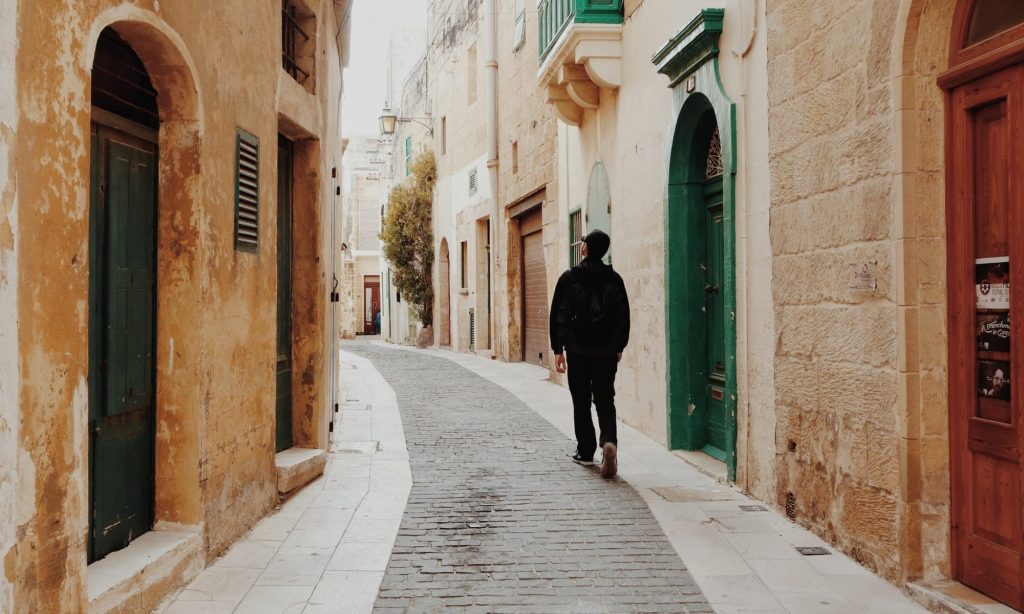Malta is one of the most visited countries in Europe whereby its economical stability complemented by an affordable cost of living and its picturesque scenery make it one of the ideal countries to reside in. The warmth of the Mediterranean climate and the rich cuisine together with the natural beauty and historical treasures form the complete package to cater for all one’s needs despite Malta being the smallest in Europe. In addition, the Maltese economy is amongst the strongest in Europe owing its success to the ever growing increase in investors and the diversification in the job market.
However, if an individual wants to enjoy Malta for a period longer than 3 months, one must apply for a residence permit – varying from the temporary residence, ordinary residence or permanent residence permit.
For a person to be qualified for a temporary residence, one:
- needs to be in Malta for a temporary purpose only;
- does not have any intention to establish residence in Malta; and
- has not actually resided in Malta for more than six months.
Such a person will be subject to tax in Malta on income arising in Malta only, hence he will not be subject to tax on income arising outside Malta irrespective of whether it is received in Malta.
For a person to have a Maltese ordinary residence:
- Individuals must physically live on the island for a period of six months or more;
- EU/EEA/Swiss nationals may apply either by declaring that one is economically self- sufficient, hence proving their financial stability, or on the basis of employment or education;
- Non-EU citizens need to apply for an employment license, whereby they need to satisfy certain criteria for them to work in Malta. If any family member wants to join they have to prove that they are financially dependent on the main applicant.
An individual holding an ordinary residence permit is considered to be a resident in Malta for Maltese income tax purposes, therefore one is subject to the normal income tax rules that Maltese nationals are subjected to.
For a person to apply for permanent residence:
- one needs to reside in Malta for at least 5 years; and
- has not left the country for a period longer than 6 consecutive months or a total of 10 months during the first 5 years.
Such person will be subject to pay 15 percent tax on the income one brings into the country. However, thanks to double tax treaties with various countries, one will probably not need to pay any tax to their country of origin.
Once one has become a permanent resident, of course one would not need to necessarily live on the island all the time and can come and go as they wish. However, one should be aware that they are not becoming a Maltese citizen by becoming a resident and consequently they will still not be able to vote.
This shall not be construed to be as advice but shall merely serve as a brief description of the different types of residence in Malta. If you would like to discuss this further please do not hesitate to contact us on [email protected] .

